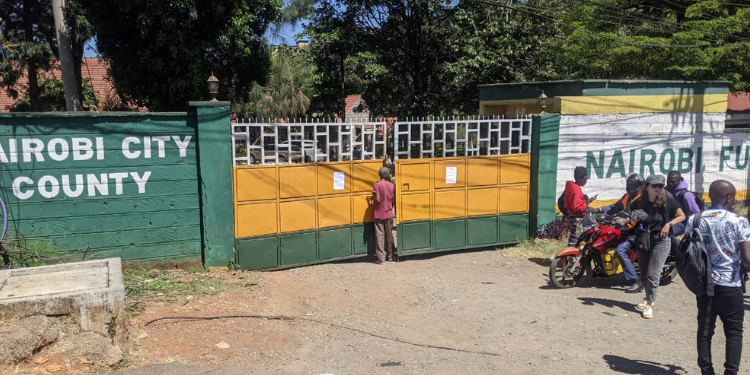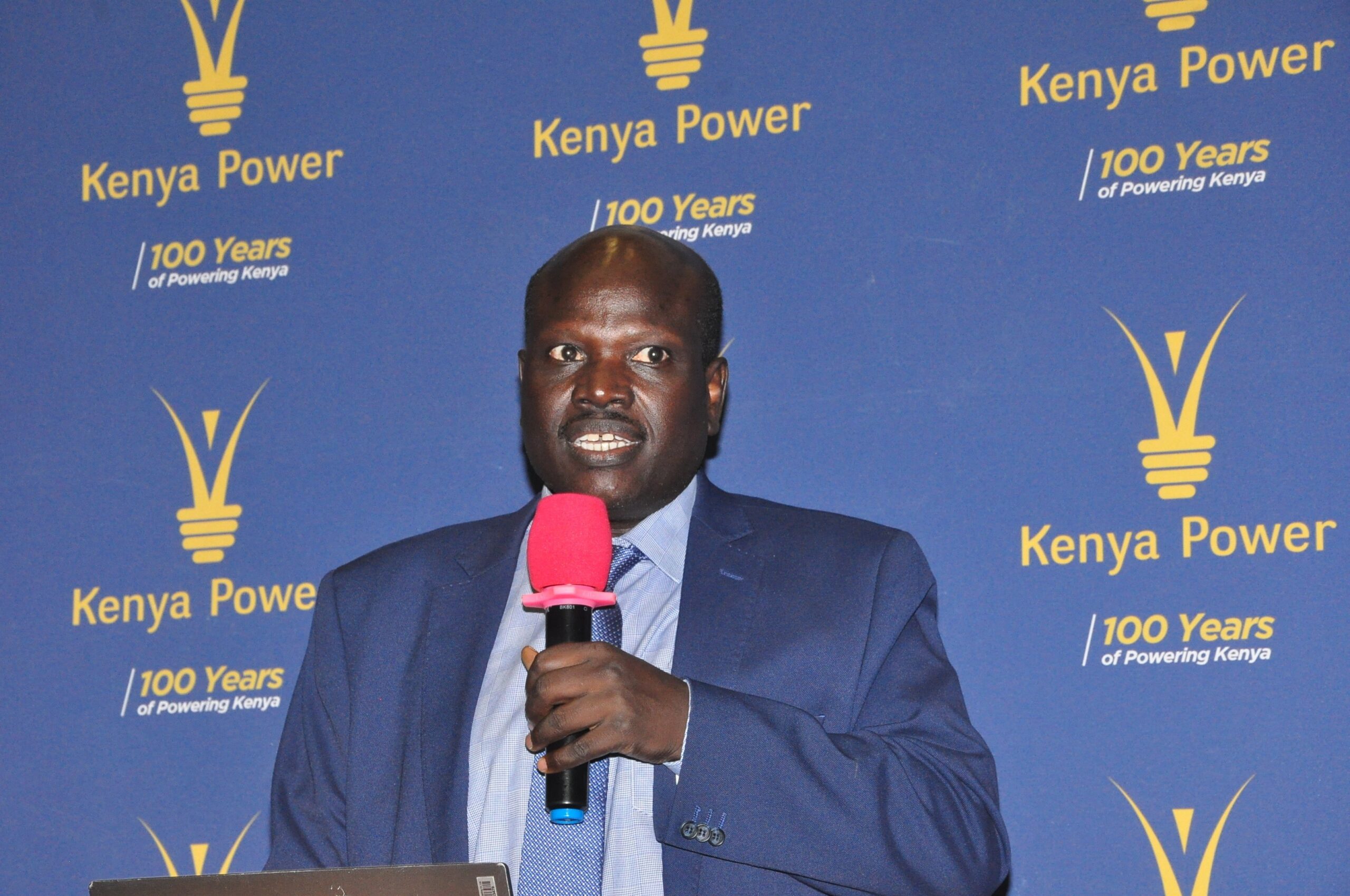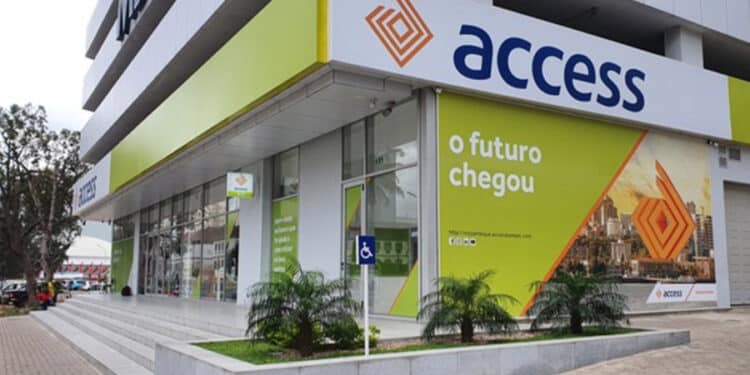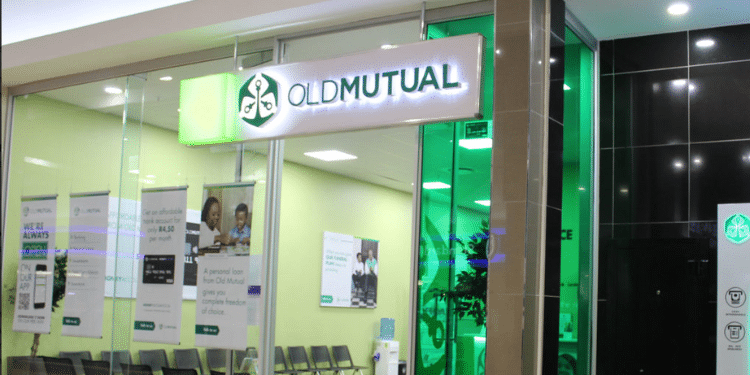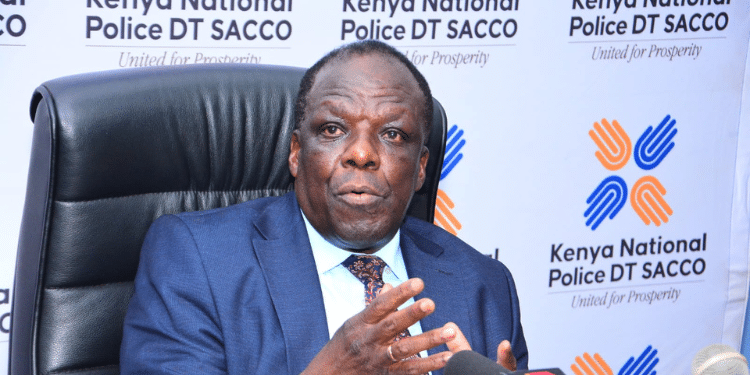Ethics and Anti-Corruption Commission (EACC) CEO Twalib Mbarak has proposed new rules targeting police officers in a bid to curb the runaway graft reported in Kenya.
Speaking during the launch of the National Ethics and Corruption Survey, 2023, Mbarak said that he would push to ban traffic police officers from entering vehicles of motorists in their line duty as a way of curbing corruption on Kenyan roads.
Mbarak also fronted the idea of replacing current uniforms with pocketless ones and banning the law enforcement officers from wearing socks while on duty.
This, according to the anti-graft body CEO, would go a long way in discouraging bribery. He noted that most policemen use their pockets and socks to hide money taken as bribes and hence the need to take preventive measures.

“A policeman should never enter a motorist’s car and I would even go ahead and say that policemen should have uniforms without pockets and even socks,” Twalib Mbarak noted in his speech during the launch of the National Ethics and Corruption Survey, 2023.
“Because pockets and socks are the places that they hide their money.”
EACC paints the picture of corruption in the Police Service
According to the survey results released on Wednesday, March 27, the police emerged as the most bribery-prone institution in Kenya.
The survey conducted by the watchdog commission had established that the Police was leading as the government institution perceived to be the most corrupt at 60.6%, followed by the Immigration Department (4.4%) and Registrar of Persons (4.0%).
Further, according to the report, there is a likelihood that each time one seeks for police security services; a service seeker is likely to be asked for a bribe 1.41 times.
To bail an arrested person, the report adds, one is likely to be asked to pay a bribe 1.28 times and to report a crime or write a statement, a service seeker is likely to be asked for a bribe 1.1 times.
Also Read: EACC Arrests Two Suspects Over Graft in KDF Recruitment
Similarly, there is a likelihood that each time a service is sought in the Traffic Police- one is likely to be asked for a bribe 1.45 times.
“Traffic police, County Health Department and Regular Police are the three most bribery-prone public institutions,” the report read in part.
The findings came despite the government’s efforts to curtail the endemic corruption that has bedeviled the police institution in Kenya for years.
In the recent past, EACC officers conducted abrupt raids on traffic police officers on Kenyan roads resulting in the arrests and prosecution of involved culprits.
Also Read: EACC Arrests Nine Govt Officials
Beside traffic police officers, other services including seeking police abstract and protection have also been identified to be prone to corruption according to the report.
Speaking during the launch of the report, Chairperson Dr. David Oginde and CEO Twalib Mbarak urged all public officials to desist from corrupt conduct and serve the public with integrity and accountability.
The duo singled out impunity, public apathy and lack of leadership commitment in public institutions as leading causes of corruption and mismanagement of public resources.


